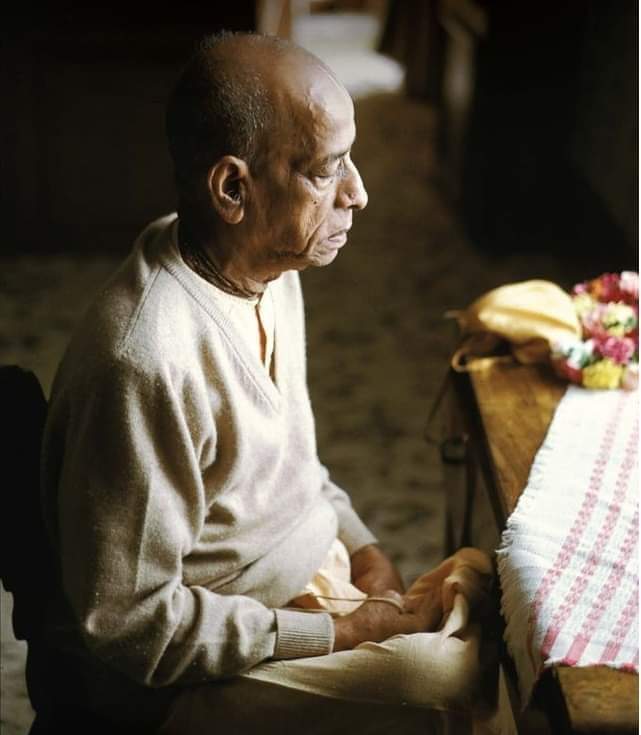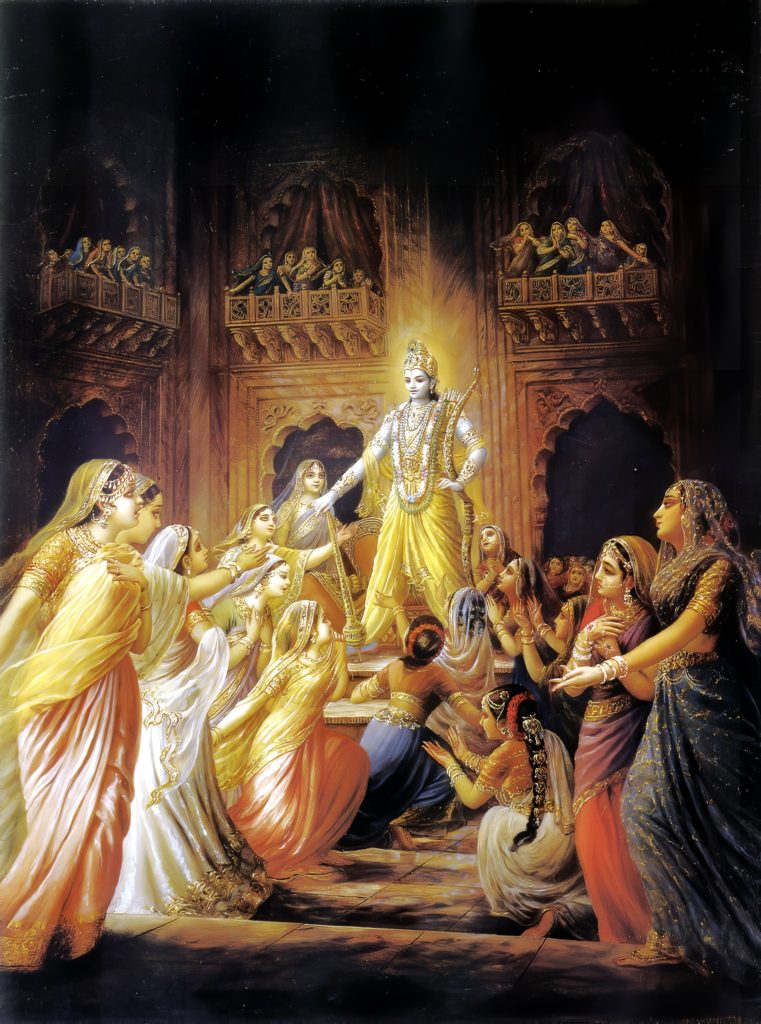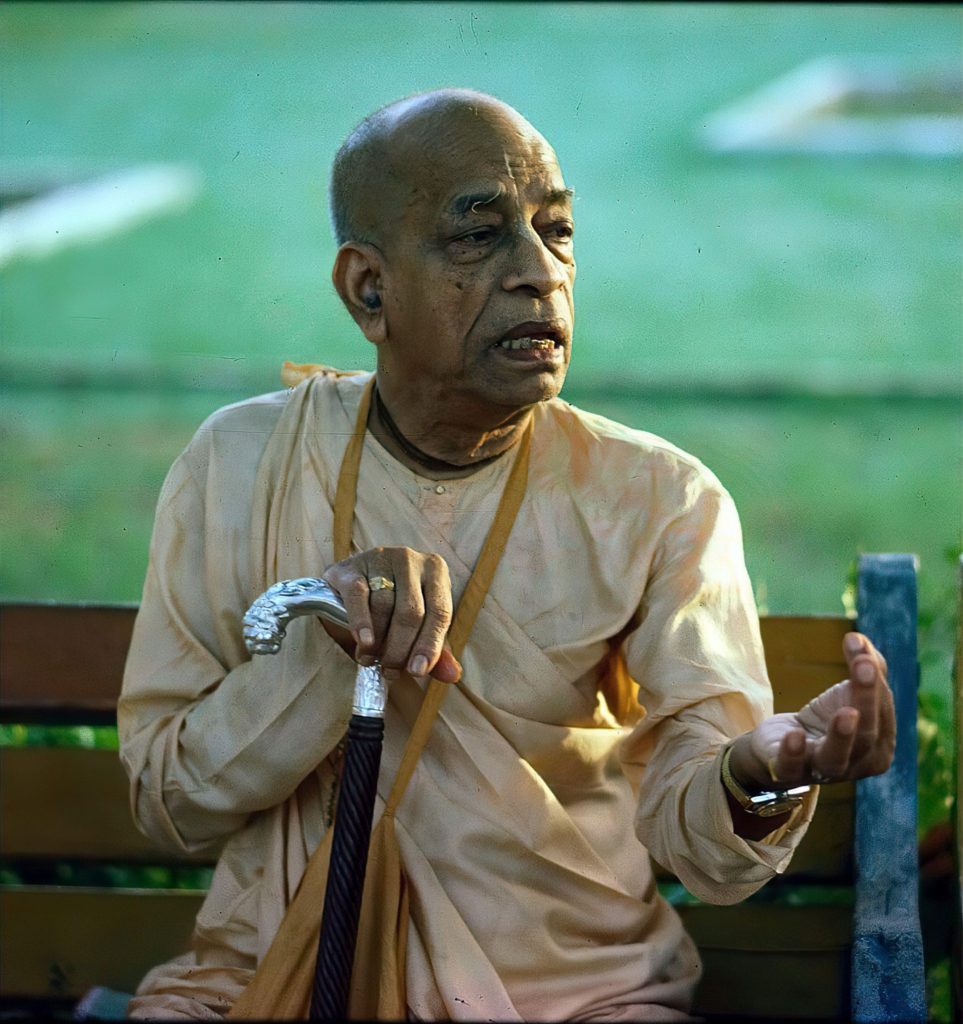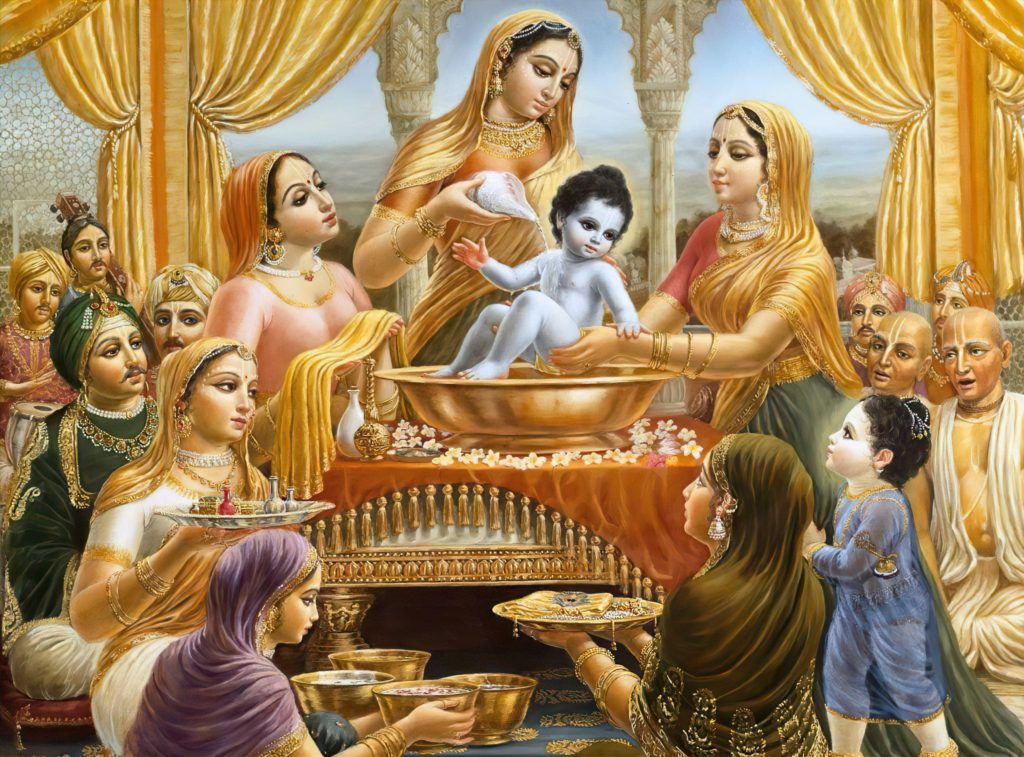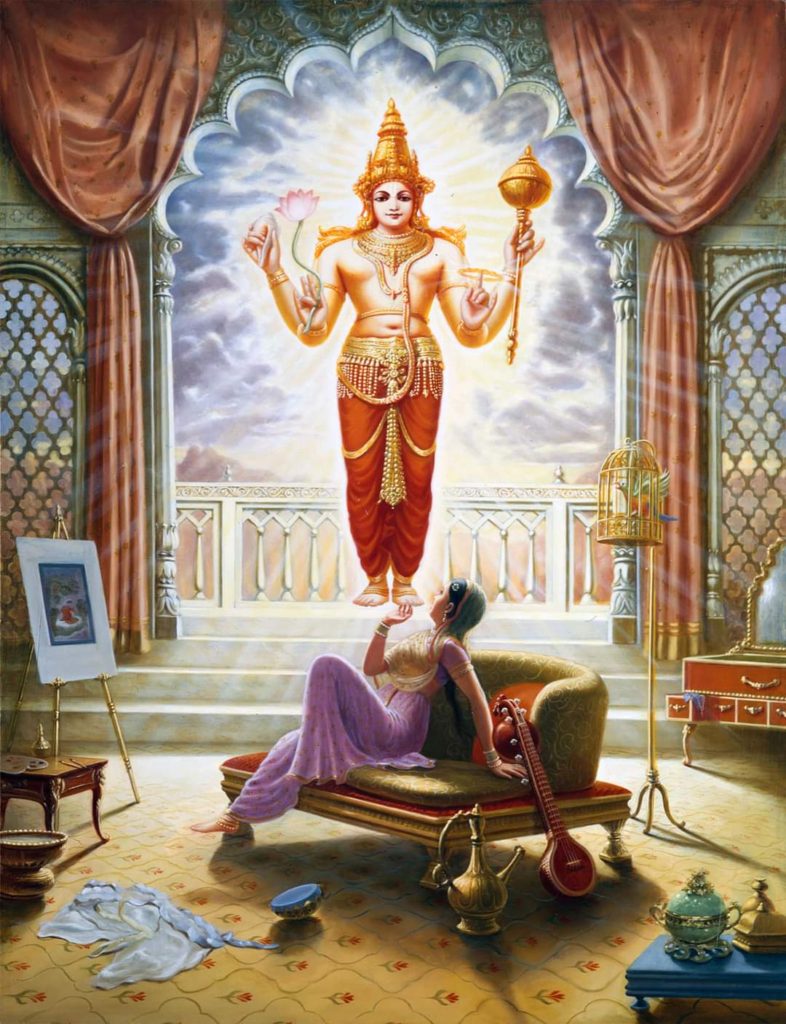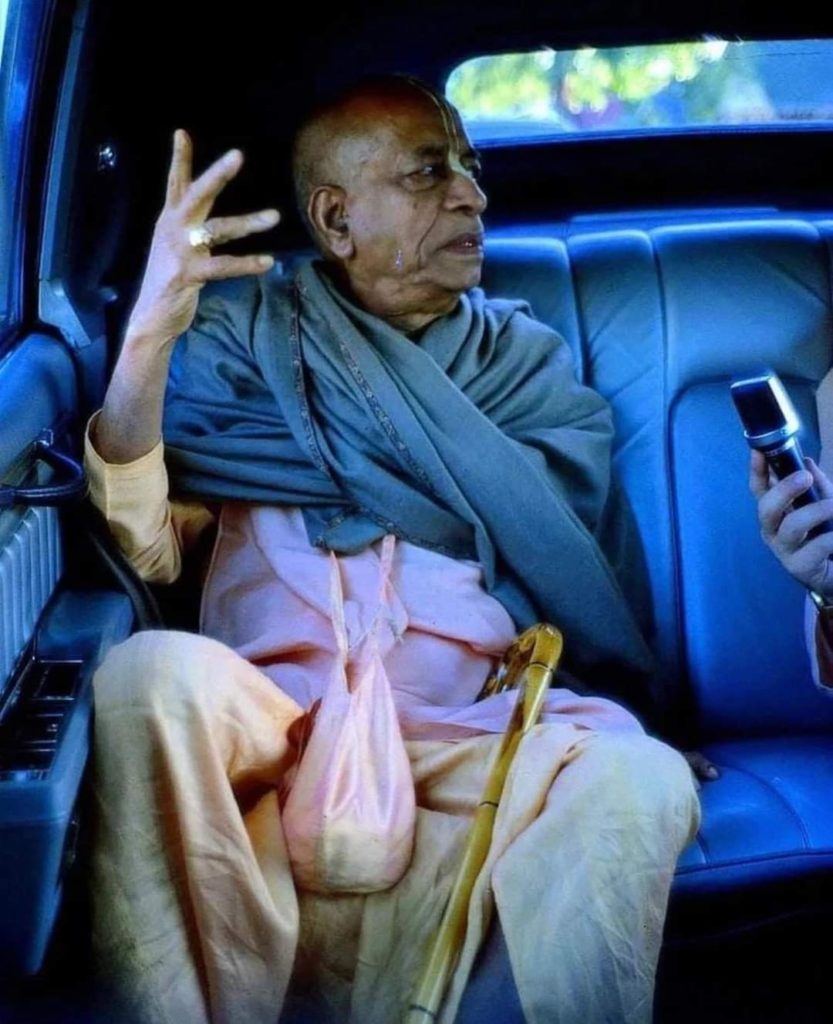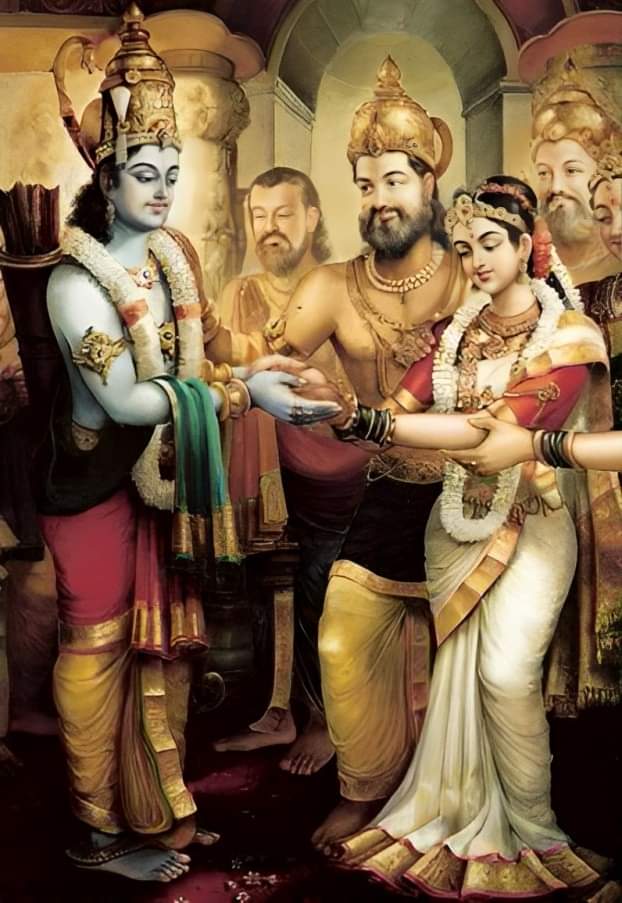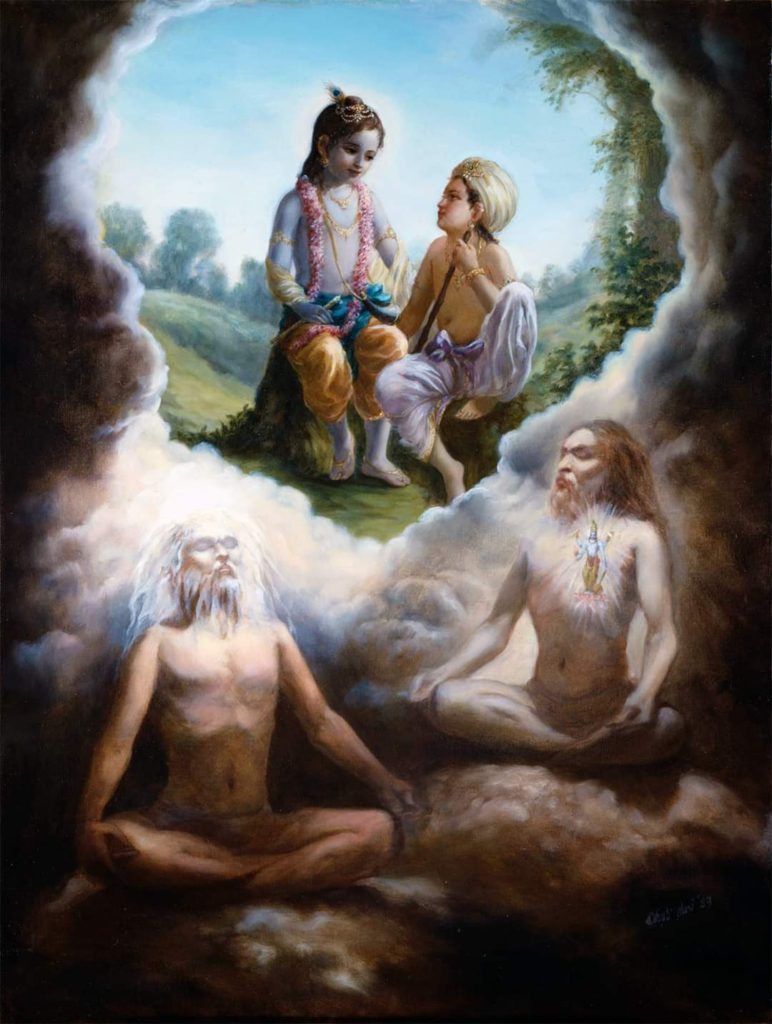During the 1980s and 1990s, there was a sequence of scandals in our movement, with devotees in high positions falling down in troublesome circumstances. This was of course an eye-opener that made us understand that it is not so easy for someone to become a pure devotee with just a few years of practice, as well as a warning about the consequences of electing unqualified people for positions of leadership in spiritual organizations.
What not many know was that half a century earlier devotees in the Gaudiya Math suffered from a similar event, whose repercussions were even more serious. This is an event that is not very well known, but it can help us not only to better understand the reasons for the split of the Gaudiya Math but also to better understand many dangers we faced in the past that can appear again in the future.
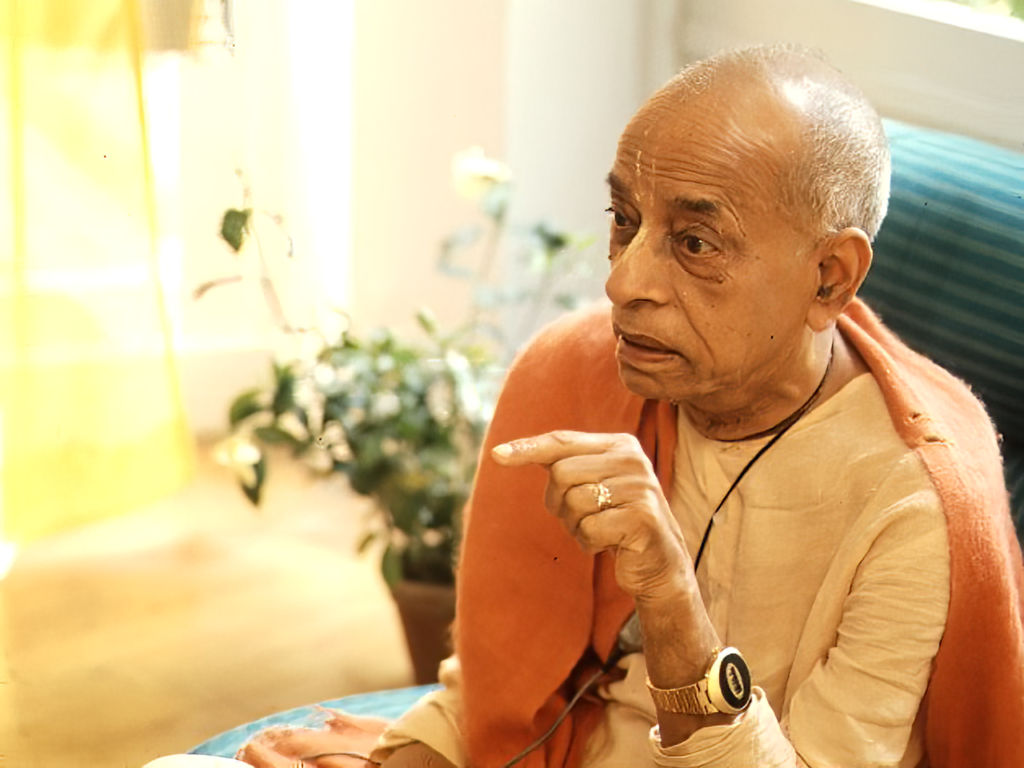
In a conversation from 18/06/1976, Srila Prabhupada mentions that “One of my Gauḍīya Maṭha Godbrothers, big, he became the head of this Bhag Bazaar Gauḍīya Maṭha. So his wife was debauched, and she was bringing new paramour, and the child protested. And the boy, he was ten years or twelve years old, he could understand: “Who is this man?” So he protested and said, “I shall tell all these things to my father.” And he was killed”… “His wife was a regular prostitute, and she killed her child, and on this shock, he took poison and died”… “He became shocked, that “This is my family life—the wife is prostitute and son is killed. What is the value of my life?” This was his spiritual realization. Just see. And he was made the chief.”
Continue reading
